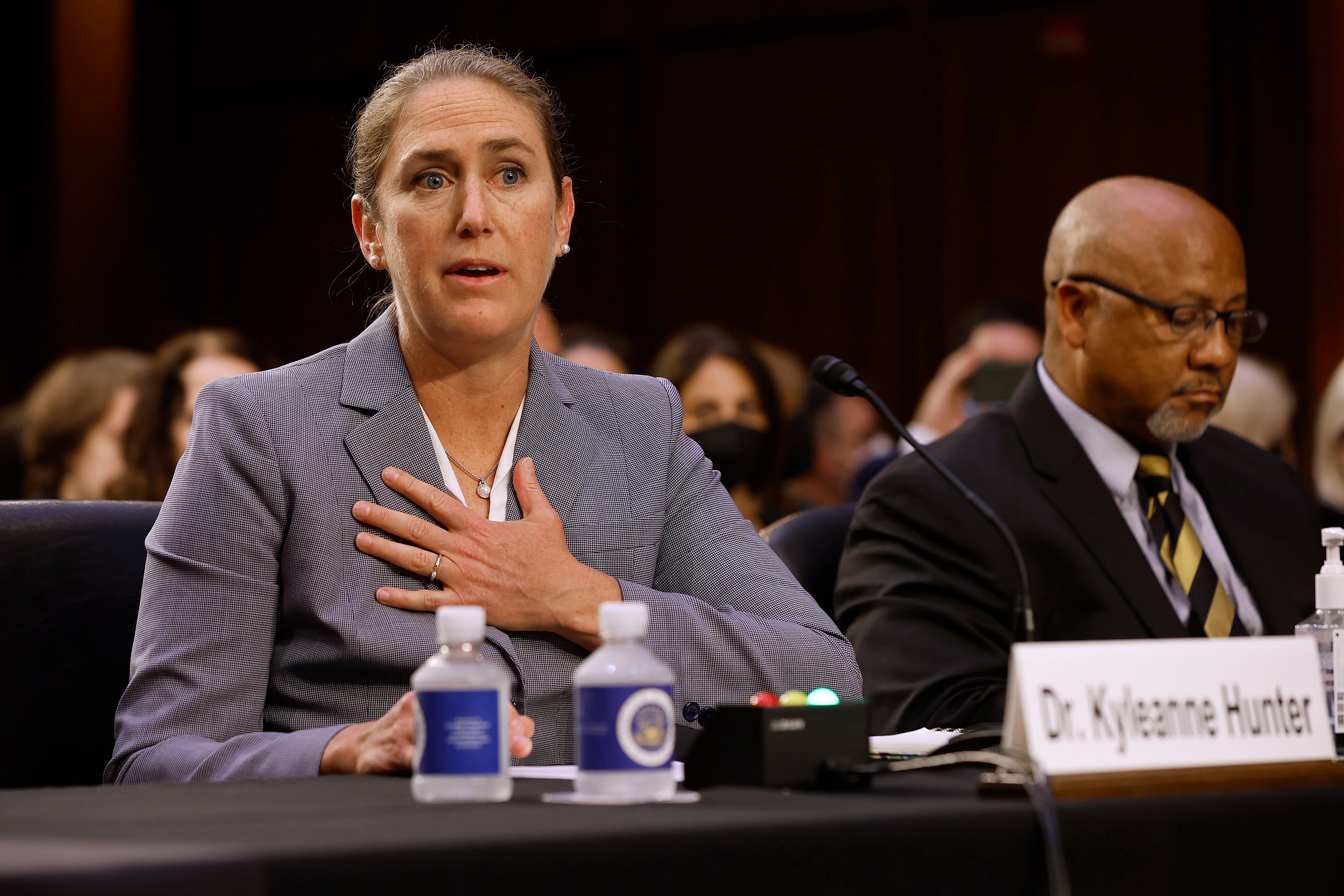The Army will formally study the body compositions of more than 2,000 soldiers beginning in October, and the service plans to use the data it gathers to determine the future of its body composition program, physical fitness manuals and the much-maligned “tape test.”
The Army’s Center for Initial Military Training will lead the study in conjunction with the Army Research Institute of Environmental Medicine, according to an Army Headquarters execute order obtained by Army Times.
The study will take place at Fort Bragg, North Carolina, the order says.
The study’s goal is to provide senior leaders with “information with regards to...taping of soldiers, body fat, and body changes, and considerations of the relationship between body fat and fitness levels,” the order reads.
The study will also evaluate alternative methods of calculating body fat.
The current method of determining body fat compliance across the force is the tape test, which utilizes mathematical formulas to calculate a soldier’s body fat based on the measured circumference of key areas of their body.
Critics have long argued that the tape test can overestimate body fat for soldiers with a high level of physical fitness and underestimate body fat for soldiers who aren’t fit.
An officer argued last month in From the Green Notebook, an unofficial Army professional development website, that the issue particularly impacts women who are training for the new Army Combat Fitness Test.
The ACFT requires explosive lower body strength for success, the officer explained, but the tape test formula penalizes women as the circumference of their hips increases — a common byproduct of training for lower body strength.
In an email, Army spokesperson Matt Leonard told Army Times that the study is part of the service’s focus on holistic health and fitness to increase readiness and prevent injuries.
“The results of the Army Comprehensive Body Composition Study will help the Army make informed decisions on future updates which could include changes to regulatory guidance, training and instructional programs, and to the mechanics of the Army Body Composition Program,” Leonard said.
Task & Purpose reported in March that Sergeant Major of the Army Michael Grinston had brought the tape test issue to the service’s civilian leadership, requesting that such a study occur.
Approximately 2,000 active-duty troops from Fort Bragg, North Carolina, will participate in the two-week study, the order says.
At least one-third of the participating active-duty troops must be women, the order specifies. The sample must also be “representative of diverse backgrounds, including age, gender, race/ethnicity, MOS and duties.”
The National Guard and Army Reserve will provide another 200 troops each who live near the installation, according to the order.
The findings will be presented to Army senior leaders in March 2022, the order says. From there, Army leadership will determine whether to make changes to the Army’s body composition program.
The Defense Department considered trashing the tape test across the entire military in 2018, but none of the services eliminated it entirely.
Davis Winkie covers the Army for Military Times. He studied history at Vanderbilt and UNC-Chapel Hill, and served five years in the Army Guard. His investigations earned the Society of Professional Journalists' 2023 Sunshine Award and consecutive Military Reporters and Editors honors, among others. Davis was also a 2022 Livingston Awards finalist.





